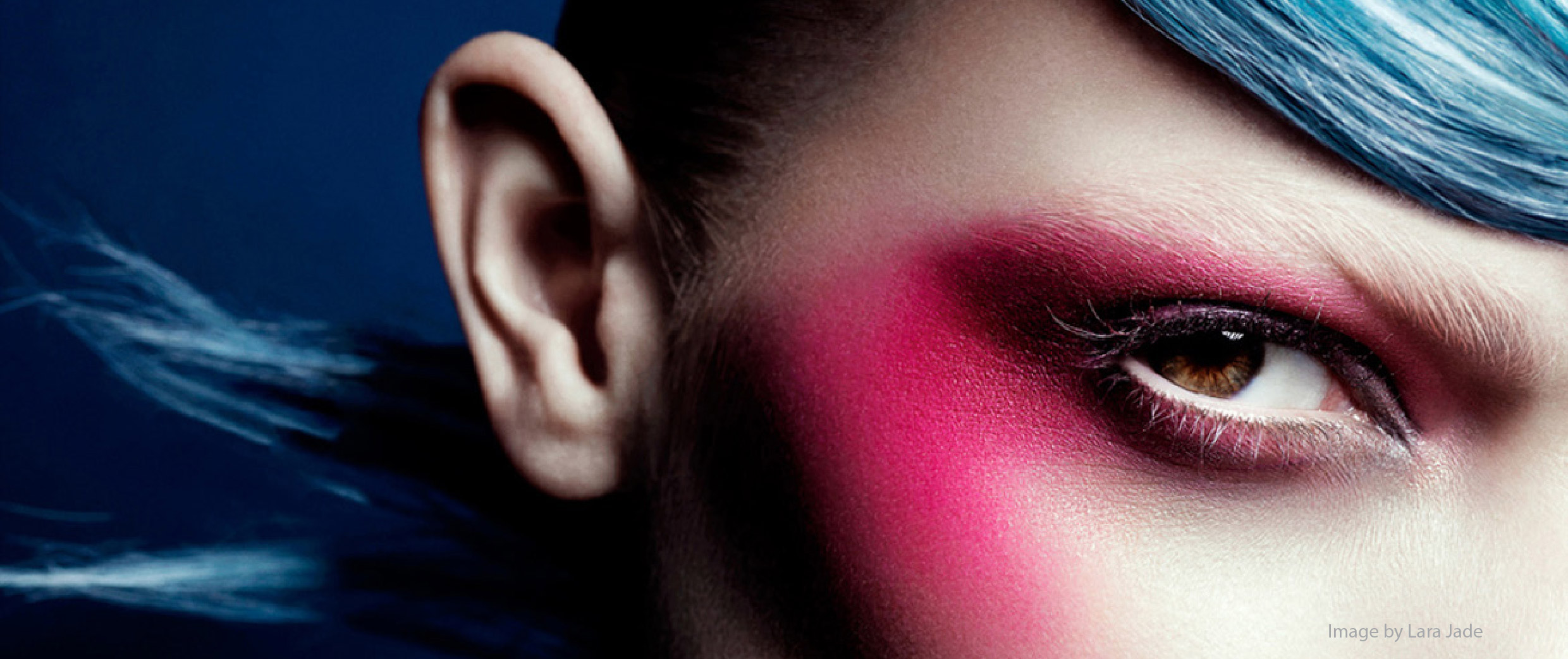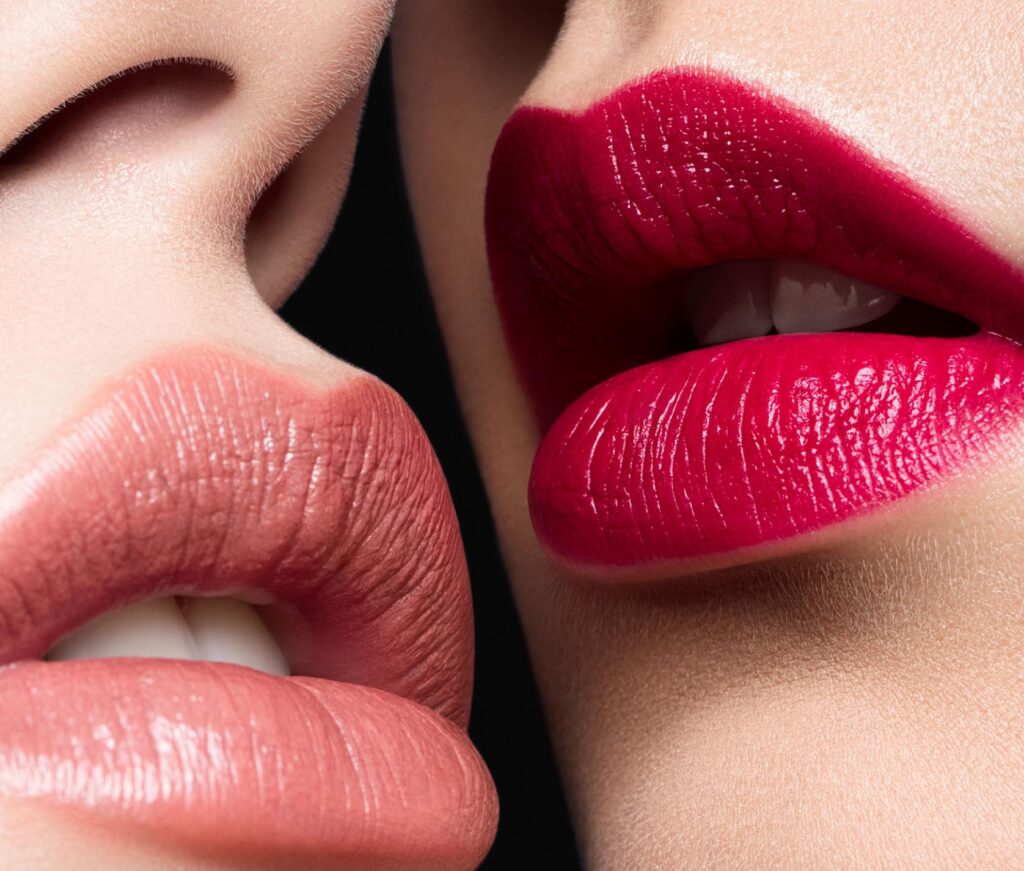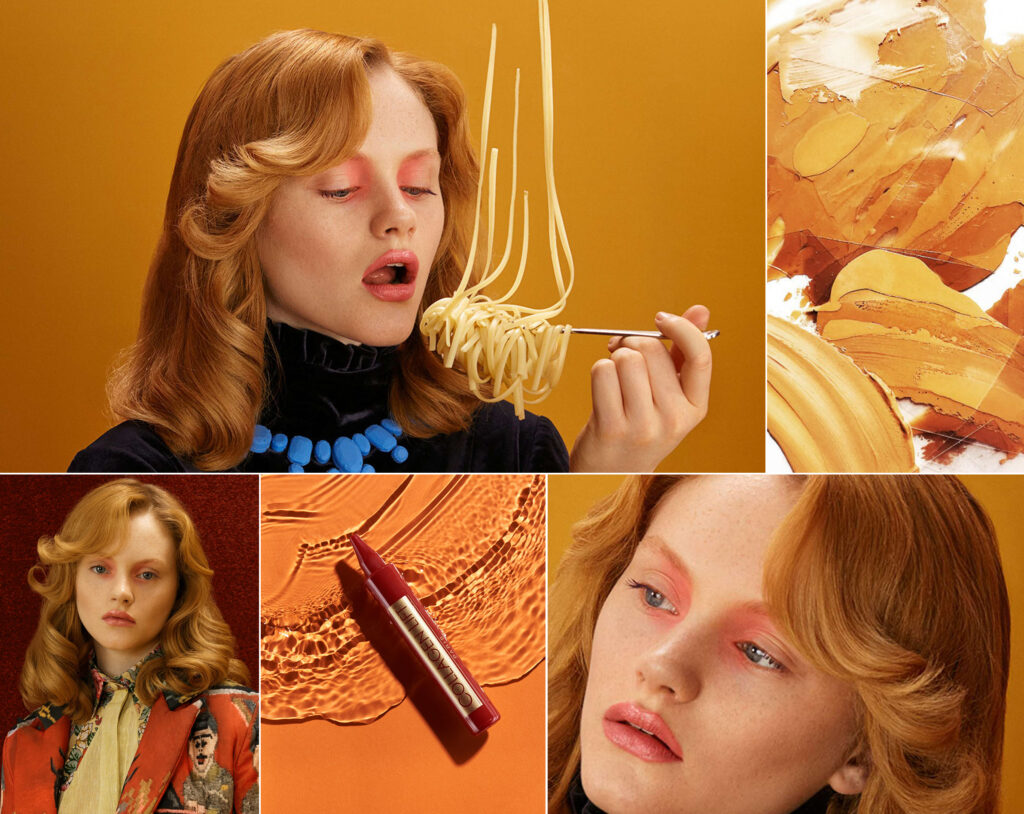
Skills & traits you need to be a makeup artist
Responsibilities
The typical tasks undertaken by make-up artists include:
Qualifications
If you want to become a Makeup Artist in Australia, you’ll need to complete a Certificate III in Makeup. When completing a Certificate III in Makeup, you’ll be required to complete a number of supervised training hours (similar to an apprenticeship) to help you build up your skills.
The entry requirements can vary, however you will usually need to have completed year 10 of high school.
Your training as a makeup artist will occur in a range of locations including on-campus, in purpose built educational makeup studios and on-location, to prepare you for a range of different environments that you might work in as your career grows.
You may choose to stop at a Certificate III in makeup, however many students then go on to pursue more specialist training for specific niches such as:

IF YOU ARE A FREELANCE MAKEUP ARTIST, YOU MAY ALSO WISH TO CONSIDER TAKING A SHORT BUSINESS COURSE
It will help you learn the basics of marketing yourself and operating as a registered business.
As makeup falls under the health and beauty category, you’ll need to be aware of the insurance that you’re required to have to protect you and your clients if something goes wrong (for instance, if someone has an allergic reaction to a product).
If you are employed by a company as a makeup artist, your insurance and marketing will be taken care of by the company, however it is always looked upon favourably by employers if a makeup artist chooses to continually update themselves with new training, as well as staying up to date with the latest techniques and makeup trends.
The second option for those is wish to become a fully qualified makeup artist quickly or within a year is through full time study through a Registered Training Organisation (RTO) – Colour Cosmetica Academy.
Your personal requirements, how you prefer to study and your own financial commitments will dictate the type of course that will be best suited for you, so ensure to do your research well!
On completion of any full time study, you will be recognised with a national trade qualification for makeup.
Skills & traits you need to become a successful makeup artist

Recent Academy Stories
Are you interested in becoming a skincare specialist?
If your passion is skincare, this is an interesting and lucrative career to follow. Ranging from specialist skincare treatments, you can also make good money…
Balmain Hair 1974 The Golden Anniversary
This year Balmain Hair is celebrating its golden anniversary – The campaign 1974 is an ode to where it all began. The 1970s represent a…
Skills & traits you need to be a makeup artist
Responsibilities The typical tasks undertaken by make-up artists include: Deciding which clients to take on Deciding upon the desired physical outcome with each client Assessing…
What do people look for in a hairdresser?
What do people look for in a hairdresser or barber? The answer is not as obvious as you may think. Of course, being a good…
